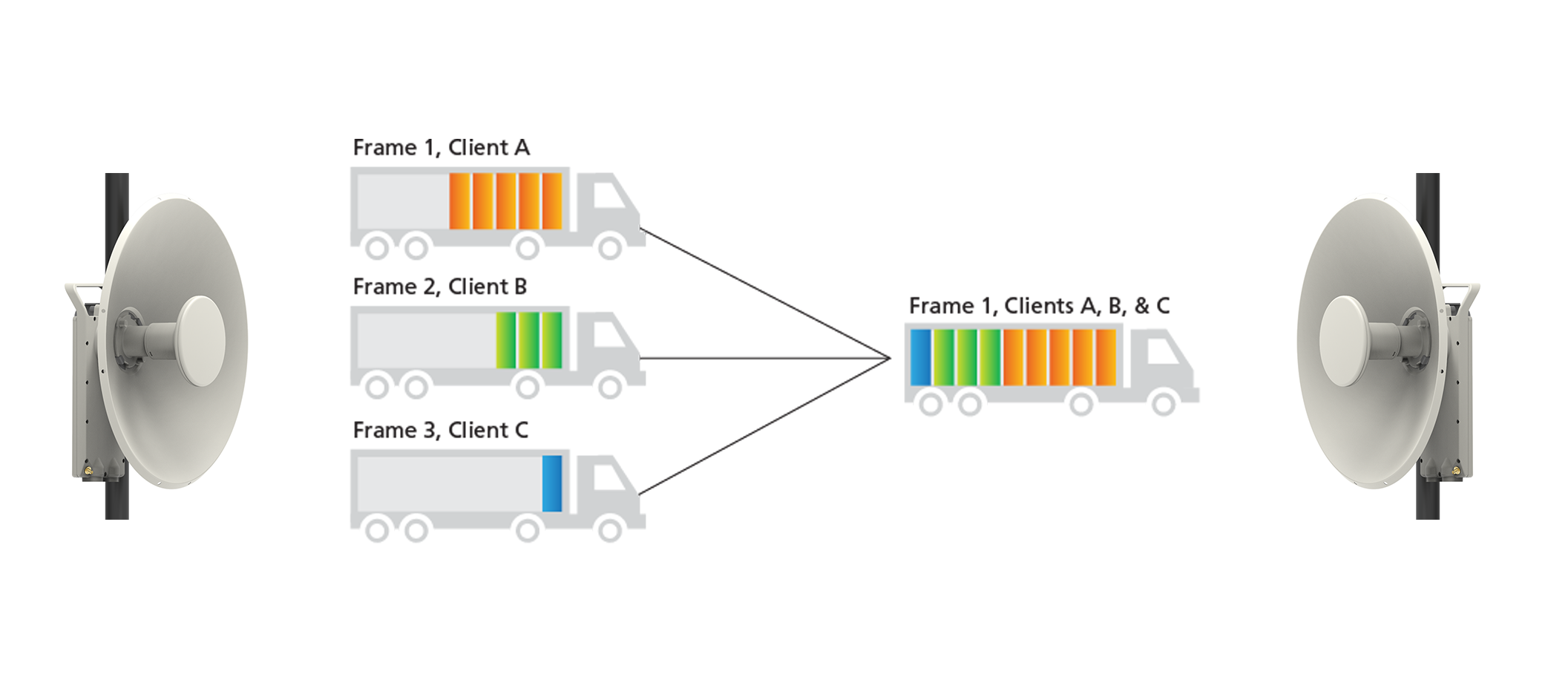
The ability to future-proof enterprise networks is crucial for businesses aiming to stay competitive and agile. As organizations increasingly rely on complex networks to support their operations, ensuring these networks can adapt to emerging technologies, security threats, and changing business needs becomes paramount.
Future-proofing enterprise networks, therefore, involves a strategic approach to design, implementation, and management that anticipates and accommodates future developments.
Let's examine the strategies and considerations essential for building resilient enterprise networks that are ready for tomorrow's challenges.
Why Future-Proofing Enterprise Networks is Important?
1. Embrace Scalability and Flexibility
A future-proof enterprise network needs to be scalable and flexible, accommodating growth and adapting to evolving requirements.
Scalability involves designing enterprise networks with the capacity to handle increasing amounts of traffic, devices, and applications without significant overhauls. Cloud-based solutions and virtualization technologies provide enterprise networks’ scalability by allowing network resources to be dynamically allocated based on demand.
Flexibility entails designing enterprise networks that can easily integrate new technologies and services as they emerge. Software-defined networking (SDN) and network function virtualization (NFV) enable organizations to abstract network infrastructure from the underlying hardware, making deploying and managing new services and applications easier.
2. Prioritize Security
With cyber threats becoming more sophisticated and pervasive, security is a non-negotiable aspect of future-proofing enterprise networks. Adopting a multi-layered security approach that encompasses perimeter defenses, network segmentation, encryption, and advanced threat detection is essential. Additionally, investing in user education and awareness programs can help mitigate the risks posed by social engineering attacks and insider threats.
As the Internet of Things (IoT) proliferates, securing connected devices and endpoints within the enterprise network becomes increasingly challenging. Implementing robust authentication mechanisms, device management protocols, and access controls can help mitigate the security risks associated with IoT deployments.
3. Embrace Automation and Orchestration
Automation and orchestration play a vital role in future-proofing enterprise networks by streamlining operations, reducing human error, and improving efficiency. Automated provisioning, configuration management, and remediation can help ensure consistent network performance and reliability.
Orchestration platforms enable organizations to automate complex workflows and policies across heterogeneous enterprise network environments, including on-premises and cloud-based infrastructure. By removng the complexity of network management tasks, orchestration facilitates agility and responsiveness in the face of changing business requirements.
Dig deeper into automation and orchestration here.
4. Invest in Emerging Technologies
Future-proofing enterprise networks requires a proactive approach to adopting emerging technologies that have the potential to disrupt the status quo. Technologies such as artificial intelligence (AI), machine learning (ML), and blockchain promise to enhance network performance, security, and efficiency.
AI and ML algorithms can analyze vast enterprise network data to identify anomalies, predict failures, and optimize performance in real-time. Blockchain technology offers decentralized and tamper-proof record-keeping capabilities, which can enhance the security and integrity of network transactions and data exchanges.
5. Foster Collaboration and Ecosystem Integration:
In an interconnected world, collaboration and ecosystem integration are key drivers of innovation and resilience. Partnering with vendors, industry consortia, and standards bodies can provide access to cutting-edge technologies, best practices, and industry insights that support efforts to future-proof enterprise networks.
Interoperability between different vendors' products and platforms is critical for ensuring seamless integration and compatibility across diverse enterprise network environments. Embracing open standards and APIs (Application Programming Interfaces) facilitates interoperability and fosters a vibrant ecosystem of complementary solutions.
Future-proofing enterprise networks is a strategic imperative for businesses seeking to thrive in today’s digital landscape. By embracing scalability, flexibility, security, automation, and emerging technologies, organizations can build resilient networks capable of adapting to future challenges and opportunities. Collaboration and ecosystem integration further enhance enterprise networks' agility and innovation potential, enabling businesses to stay ahead of the curve in a competitive marketplace.

Leverage our Expertise to Build Robust Enterprise Networks
The backbone of any successful organization lies in its network infrastructure. With business operations becoming increasingly complex, the demand for reliable, scalable, and secure enterprise networks has never been greater. Building such networks requires technical expertise and access to the right products and services.
As a value-added distributor of network technology and solutions, Optace Networks plays a crucial role in helping businesses build future-proof enterprise networks by providing various products, services, and expertise which include:
- Enterprise Network Hardware and Software Solutions such as routers, switches, firewalls, gateways and access points.
- Consultation and Planning Services to help organizations plan and design their network infrastructure. Our specialized teams can assess your business needs, evaluate existing systems, and recommend the most suitable solutions for achieving business objectives.
- Implementation Support to assist organizations in implementing network solutions by providing technical support, deployment services, and training for IT staff.
- Integration Services: Many organizations have existing IT systems and applications that need to be integrated with the new network infrastructure. Optace Networks provides integration services to ensure seamless compatibility between different systems and technologies.
- Continuous Support and Maintenance: Building an enterprise network is an ongoing process that requires regular maintenance, updates, and troubleshooting. Vendors offer support contracts and maintenance services to ensure that the network remains reliable, secure, and up-to-date with the latest technology advancements.
- Security Expertise: With the increasing threat of cyberattacks, security is a top priority for enterprise networks. Optace Networks specializes in providing robust security solutions such as intrusion detection and prevention systems, to safeguard the organization's data and infrastructure.
By leveraging our expertise and resources, businesses can effectively build and maintain robust enterprise networks that meet their current requirements and are well-equipped to adapt to future challenges and opportunities.
Contact us below to learn more about how you can leverage our expertise to build future-proof enterprise networks.
Latest Articles
Tue Dec 09 2025
Why MikroTik Should Be in Your 2026 Network PlanMon Oct 13 2025
Netgate pfSense+ Security Gateways: The Security Gateway Built for the Demands of Modern EducationWed Sep 03 2025
hello worldRelated Articles
.jpg)
ePMP 3000 - 5X Performance with Gen3 Technology
-(1).png)
Africa Tech Festival Displays Strides in Connectivity and Telecommunications Infrastructure across Africa

Cambium Networks ePMP Force 425 - The Industry’s First Point-to-Point Solution Based on 802.11ax

The Power of OFDMA in Wireless Broadband
In this article, we delve into the principles of OFDMA, the defining principle of the 802.11ax standard, its applications, and its impact on wireless broadband.

© 2025 PoweredbyOptace Networks Limited. All Rights Reserved.
